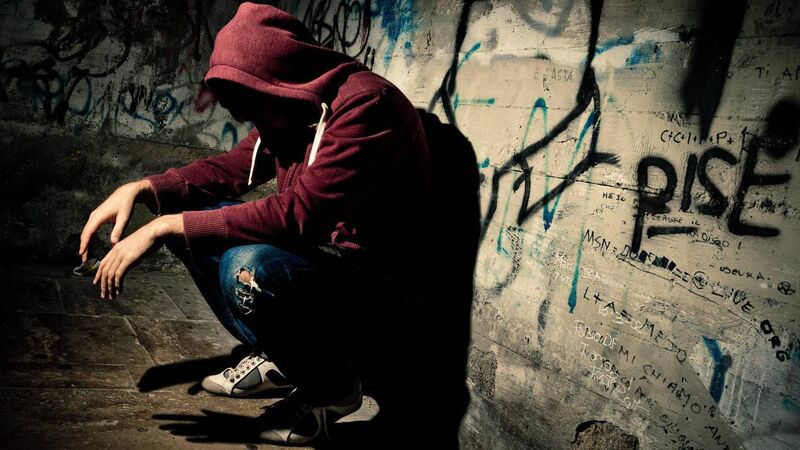Tighter laws needed to stop criminal gangs grooming vulnerable adults

Proposed offences to criminalise the ‘grooming’ of children by criminal gangs should be extended to include vulnerable adults, according to the State’s human rights body.
Proposed offences to criminalise the ‘grooming’ of children by criminal gangs should be extended to include vulnerable adults, according to the State’s human rights body.
The Irish Human Rights and Equality Commission said legislation going through the Oireachtas failed to recognise that drug networks may also target adults with disabilities.










